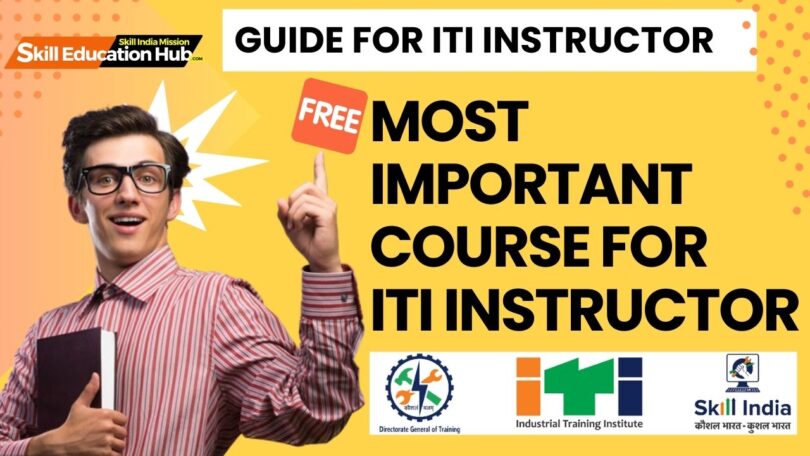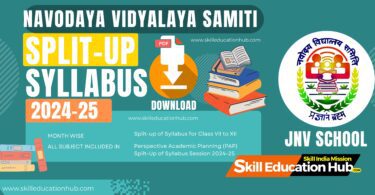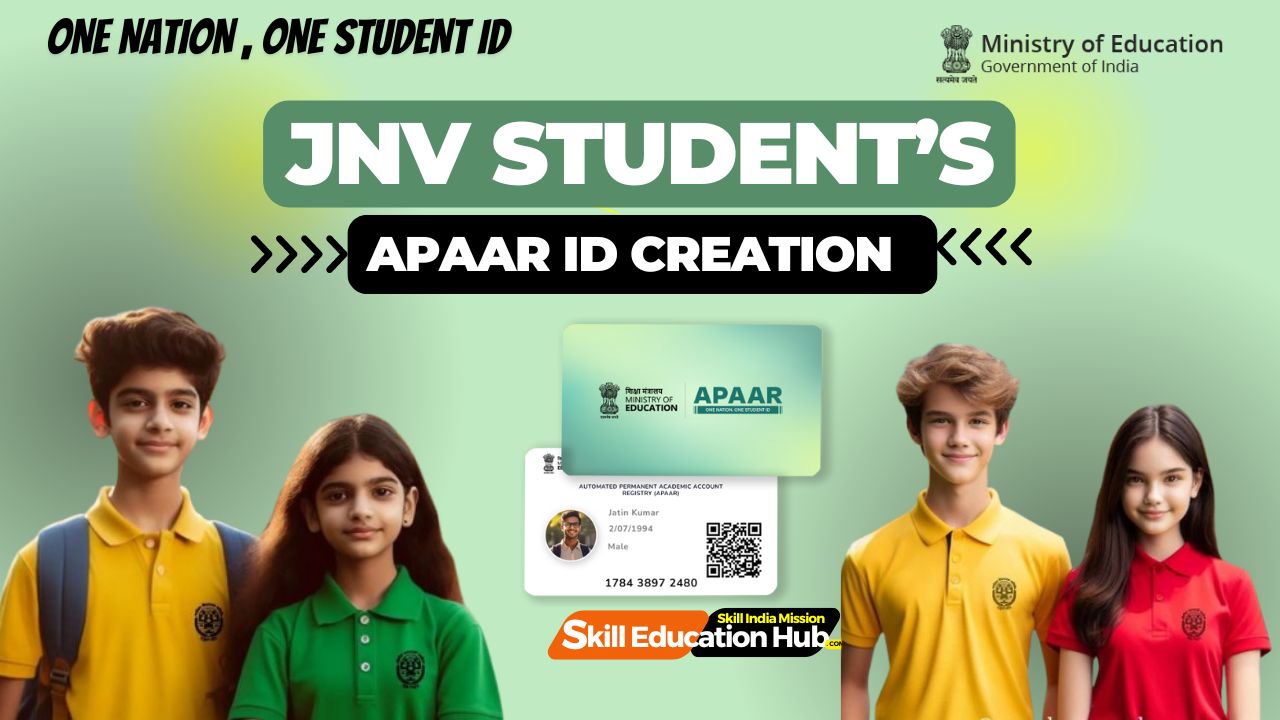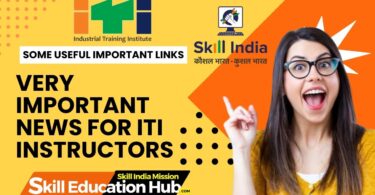A Detailed Guide to the Most Important Courses for ITI Instructors
Introduction
NCVT has mandated that all trainers in ITIs need to be CITS trained. Embarking on a career as an ITI (Industrial Training Institute) instructor comes with the responsibility of shaping the future workforce. To excel in this role, acquiring the right set of teaching skills is crucial. In this detailed guide, we will explore the most important courses for ITI instructors that focus on the principles of teaching.
| 1. Course | Special course on Principles of Teaching |
| 2. Duration of the Course | 1 month (04 Weeks) |
| 3. Trainees Strength | 20 Trainees/ course |
| 4. Available sessions | 20 Sessions/ week (Each session of 02 hour duration) |
| 5. Eligibility | a) Instructors of the trades for which CITS course is not available. OR b) Instructors who are imparting training on CTS courses for more than 3 years without CITS training. |
Crafts Instructor Training Scheme (CITS)
Training of Craft Instructors is the mandated responsibility of DGT and it is operational since the inception of the Craftsmen Training Scheme (CTS). Comprehensive training both in skills and training methodology is imparted to the instructor trainees to make them conversant with techniques of transferring hands-on skills, to train skilled manpower for the industry.
Under the Crafts Instructor Training Scheme programme, the eligible candidates are those who possess NTC / NAC / Diploma /Degree qualifications. Training in 27 Engineering trades and 9 non-engineering trades is being offered

Craft Instructor Training Institutes:
Training is conducted in the following Central Institutes:
- NSTIs at Hyderabad(Vidya Nagar), Hyderabad(Ramanthapur), Mumbai, Chennai, Kolkata, Kanpur, Ludhiana, Dehradun, Bengaluru, Choudwar, Calicut, Haldwani, Jodhpur and Jamshedpur.
- NSTIs for Women in Noida, Panipat, Indore, Jaipur, Allahabad, Thiruvananthapuram, Bengaluru, Kolkata, Mumbai, Vadodara and Tura.
- New NSTIs for Women at Mohali,Shimla, Patna, Agartala, Tiruchirappally, Hyderabad, Goa and UT of Jammu.
- New NSTI Extension centres at Leh, Vizag and Puducherry.
Training is also conducted in the following Government ITOTs:
- 6 Government ITOTs at Lucknow (UP), Talcher (Orissa), Bhopal (Madhya Pradesh), Rohtak (Haryana) ,Davangere (Karnataka) and Malavalli (Karnataka).
- 12 Private ITOTs at Hissar, Sirsa, Matloda, Ambala (Haryana), Kangra (Himachal Pradesh), Jatni (Odisha), Faizika, Bathinda, Patiala (Punjab), Jhunjunu (Rajasthan), Baghpat (Uttar Pradesh).
For more information kindly refer https://dgt.gov.in/CITS
- Teaching Methodologies and Pedagogy:
- Importance: Equip yourself with the knowledge of effective teaching methods tailored to the technical nature of ITI courses.
- Curriculum Development and Lesson Planning:
- Develop the skills to structure course content, ensuring it aligns with industry needs and caters to diverse learning styles.
- Assessment and Evaluation Techniques:
- Importance: Grasp the art of creating meaningful assessments to gauge student understanding and track progress.
- Technological Integration in Teaching:
- Stay updated on the latest educational technologies to enhance engagement and provide a modern learning experience.
- Classroom Management Strategies:
- Learn to create a positive and disciplined learning environment conducive to skill development.
- Effective Communication Skills:
- Communication is key; master the art of conveying complex technical concepts in a clear and understandable manner.
- Inclusive Education Practices:
- Equip yourself with strategies to address the unique needs of a diverse student body.
- Industry-Relevant Content Delivery:
- Aligning teaching content with current industry practices and standards.
- Ensure that your teaching materials and methods reflect the real-world requirements of the industries your students are preparing to enter.
- Professional Development for Instructors:
- Continuous learning for instructors to stay current in their field.
- Understand the significance of ongoing professional development to remain effective and relevant in the fast-evolving industrial landscape.
- Legal and Ethical Considerations in Education:
- Exploring legal and ethical aspects of teaching and student interactions.
- Gain insights into the legal framework of education, ensuring a safe and secure learning environment.
Conclusion:
Becoming an effective ITI instructor requires a multifaceted skill set that goes beyond technical knowledge. Enrolling in these crucial courses will not only enhance your teaching capabilities but also contribute to the holistic development of the students under your guidance. Invest in your professional growth, and you’ll be well-equipped to inspire and educate the future workforce in the industrial sector.







